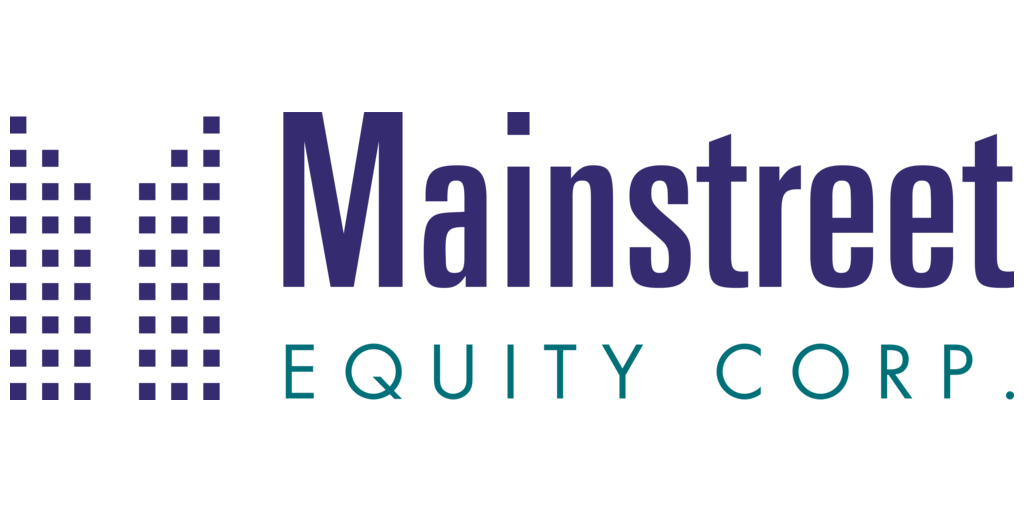Argentina’s Stabilisation Plan has entered its decisive phase. The IMF must play a vital role. By Ernesto Talvi and Sofía Harguindeguy This...
Vous n'êtes pas connecté
- English
- Français
- عربي
- Español
- Deutsch
- Português
- русский язык
- Català
- Italiano
- Nederlands, Vlaams
- Norsk
- فارسی
- বাংলা
- اردو
- Azərbaycan dili
- Bahasa Indonesia
- Հայերեն
- Ελληνικά
- Bosanski jezik
- українська мова
- Íslenska
- Türkmen, Түркмен
- Türkçe
- Shqip
- Eesti keel
- magyar
- Қазақ тілі
- Kalaallisut ; kalaallit oqaasii
- Lietuvių kalba
- Latviešu valoda
- македонски јазик
- Монгол
- Bahasa Melayu ; بهاس ملايو
- ဗမာစာ
- Slovenščina
- тоҷикӣ ; toğikī ; تاجیکی
- ไทย
- O'zbek ; Ўзбек ; أۇزبېك
- Tiếng Việt
- ភាសាខ្មែរ
- རྫོང་ཁ
- Soomaaliga ; af Soomaali
Rubriques :
 Maroc - ITALICA.SM - A la Une - 14/Dec 14:30
Maroc - ITALICA.SM - A la Une - 14/Dec 14:30
IMF: 'San Marino's economic activity stabilizing at high levels'
[ Italica ] - Despite rising interest rates and regional slowdowns, San Marino's economy is nevertheless resilient, the International Monetary Fund reports in its concluding statement of the 2024 Article IV Consultation. Strong performance in the service sector has kept growth positive even if it has slowed due to a decline in foreign demand. At less than 1.3%, inflation is predicted to remain modest. As finance conditions improve and external demand stabilises, growth is expected to accelerate. San Marino's fiscal position is better than expected. Surplus tax revenues were conserved and spending was kept under control, but further fiscal consolidation is required due to the high public debt-to-GDP ratio. A value-added tax and a wider income tax base are two important fiscal reforms that should be taken into consideration. Other reforms include improving government spending efficiency and controlling the increase of public wages and pensions, as well as recalibrating pension benefits to address long-term demographic issues. Through write-offs and securitisation, banks have greatly decreased non-performing loans (NPLs), from 53% to 21%, and increased liquidity. The low profitability of the majority of banks in comparison to their regional peers, the high operational costs and restricted capitalisation of certain banks, the vulnerabilities posed by legacy non-performing loans, and the diminishing interest margins are obstacles that must be overcome. By implementing EU regulations and enhancing compliance, San Marino has advanced in the fight against money laundering and terrorism financing (AML/CFT). Updating beneficial ownership records and strengthening the Financial Intelligence Agency's resources require further efforts. Opportunities for economic growth and integration are offered by the EU association agreement. Sufficient funding and structural changes, such as more flexible labour markets and better real estate markets, will be necessary for successful implementation. To mitigate these risks and improve resilience, it is essential to implement structural reforms more quickly, manage debt effectively, and improve control of the financial sector. [December 14, 2024 - Italica]
Articles similaires
Why Latin America Needs Lower Deficits And Stronger Fiscal Rules – Analysis
Public debt in Latin America’s major economies is on pace to average 55 percent of gross domestic product this year, up significantly from 34...
The US Government’s Building Fiscal Crisis – OpEd
Government spending is going through the roof as the outgoing Biden-Harris administration cements its fiscal legacy of failure. That’s not an...
IMF approves new $1.1B tranche for Ukraine
Following Friday's meeting on the sixth review of the Extended Fund Facility for Ukraine, the IMF Executive Board decided to allocate for Ukraine...
Rates, economy and loans key to banks’ asset quality–Fitch
LOWER interest rates, faster economic growth and more loans are expected to improve the asset quality of Philippine banks in 2025, according to Fitch...
Latin America and the Caribbean need better fiscal policies to finance their development
Latin American and Caribbean (LAC) countries should strengthen tax collection and spending, improve public debt management, and mobilise more private...
Donald Trump hopes a Republican challenges U.S. Rep. Chip Roy over debt ceiling opposition
"Donald Trump hopes a Republican challenges U.S. Rep. Chip Roy over debt ceiling opposition" was first published by The Texas Tribune, a nonprofit,...
Mainstreet Equity Achieves Year-Over-Year and 12th Consecutive Quarter of Double-Digit Growth in FY2024
CALGARY, Alberta--(BUSINESS WIRE)--In FY 2024, Mainstreet posted double-digit, year-over-year growth across all key operating metrics, with funds...
Ways Nigerians can benefit from Tax Reforms-Oyedele
%BlogLink% %FearturedImage% %PostLink% The chairman of the Presidential Committee on Fiscal Policy and Tax Reforms, Taiwo Oyedele has listed ways Tax...
Gross NPAs of PSU banks drop to 3.1% from 14.6% in '18
Public sector banks (PSBs) in India have seen their gross non-performing assets (GNPA) ratio fall to a historic low of 3.1% as of September 2024. This...
Les derniers communiqués
-
Aucun élément





